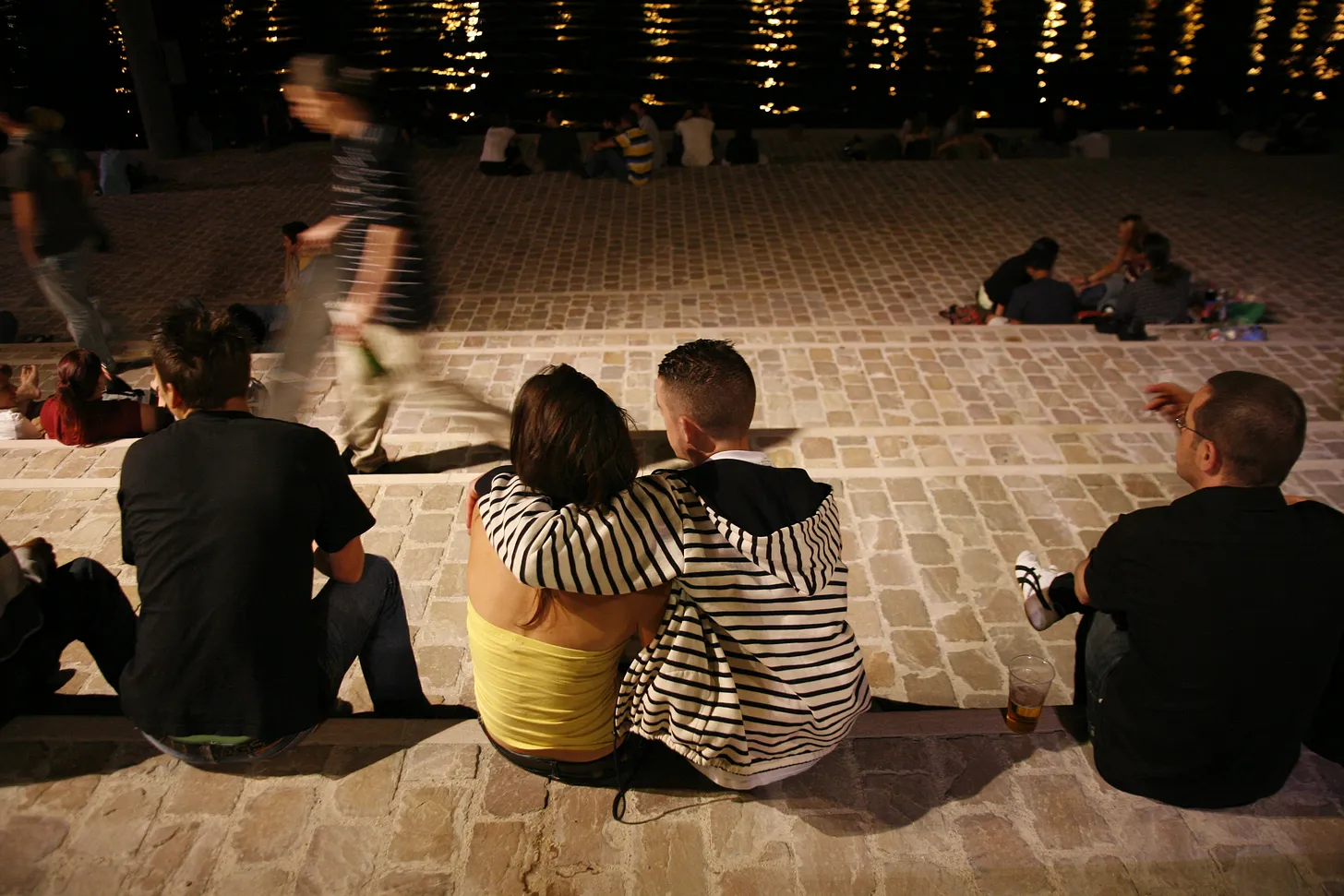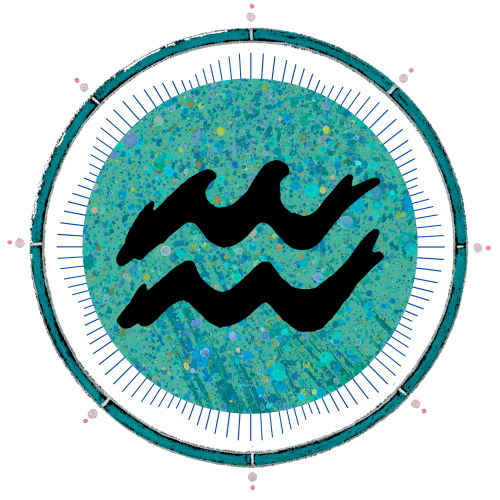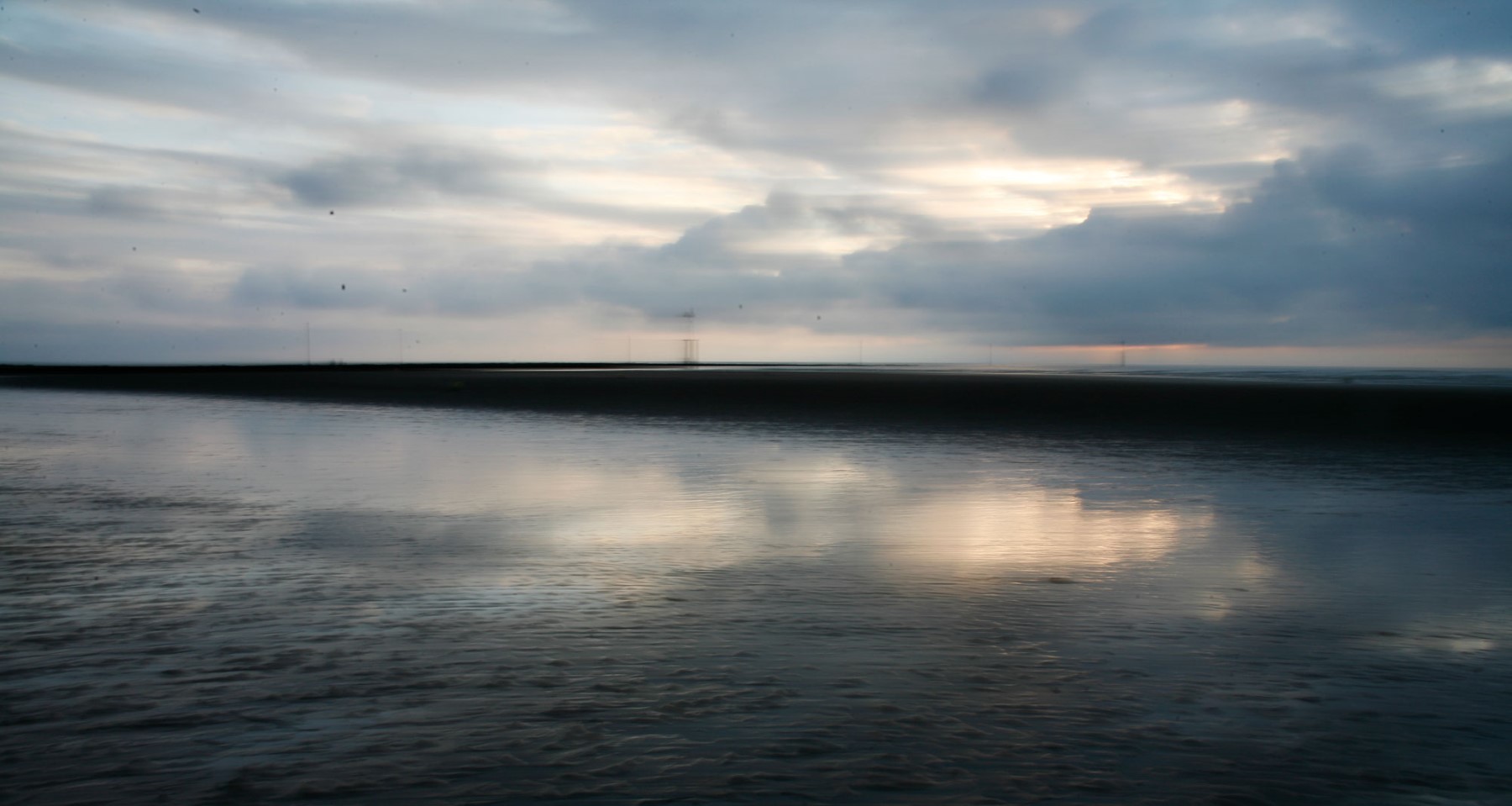
Dear Friend and Reader:
PLUTO IS NOW IN AQARIUS, and some seemingly new things are happening. For one, a former president has been charged with 34 felonies in a state court in New York. This is the first time a former president has been charged with crimes.Notably, this is after the nearly two-year Mueller investigation found that no election-related crimes (including financial crimes) had been committed. This was followed by two impeachments before Congress.
What is going on here?
Whatever Trump is said to have done is related to sex: that was the nature of the alleged $130,000 payoff. Trump and Daniels did the deed; that is the underlying big deal. Every time you hear this reported in the news, remember that fact.
To some, New York’s prosecution (for 34 counts of failure to keep business records) may provide evidence that nobody is above the law. To me, it’s proof that all of the far worse criminals — from Dick Nixon to Dick Cheney, from the almighty Prescott Bush to George I to George II, and from Tony Fauci to Klaus Schwab — soar high above the law and its worldly grasp.
My subtext is always, how much more can the world hold? How much can we take as individuals and still keep ourselves and our affairs together? How much can we stand? How are we going to handle this next new pressure, this new disruption, this next total shift of emphasis — and skill keep our sanity? Who exactly is saying: This is not easy?

How Much Pressure Can We Stand?
For a couple of decades running, I’ve written this article series, describing one historical event stranger than the next, studying the astrology behind it. I often feel like I’m writing my last article. I have written about nuclear meltdowns, mass poisoning incidents, mass shootings, mass psychosis, stolen elections, economic meltdowns, one war after the next, and much besides.
My subtext is always, how much more can the world hold? How much can we take as individuals and still keep ourselves and our affairs together? How much can we stand?
How are we going to handle this next new pressure, this new disruption, this next total shift of emphasis — and skill keep our sanity? Who exactly is saying: This is not easy?
We are being made to cope with a lot, and at the same time our previous points of orientation disappear as if they were never there.
Without orientation points, markers on the horizon, or meaningful references in time, it’s easy to get lost, which most people are. Of course, certain references can also provide a false sense of one’s place, and facilitate a kind of myopia and loss of context.
Many times I’ve sat here and written a new article thinking: we are once again totally off the map.
Yet unlike most other columns that observe or analyze world affairs, I can use astrology. More than anything, astrology allows the long view of time. One thing that writers struggle with is handling the frame of history. What has happened in the past that is relevant to what is happening today?
The fallacy is that because we are now so interconnected, what happens anywhere might send a shock everywhere. There is no such thing as ‘local’, only the illusion. And in a similar way, events are becoming simultaneous, which makes it nearly impossible to see them for what they are.
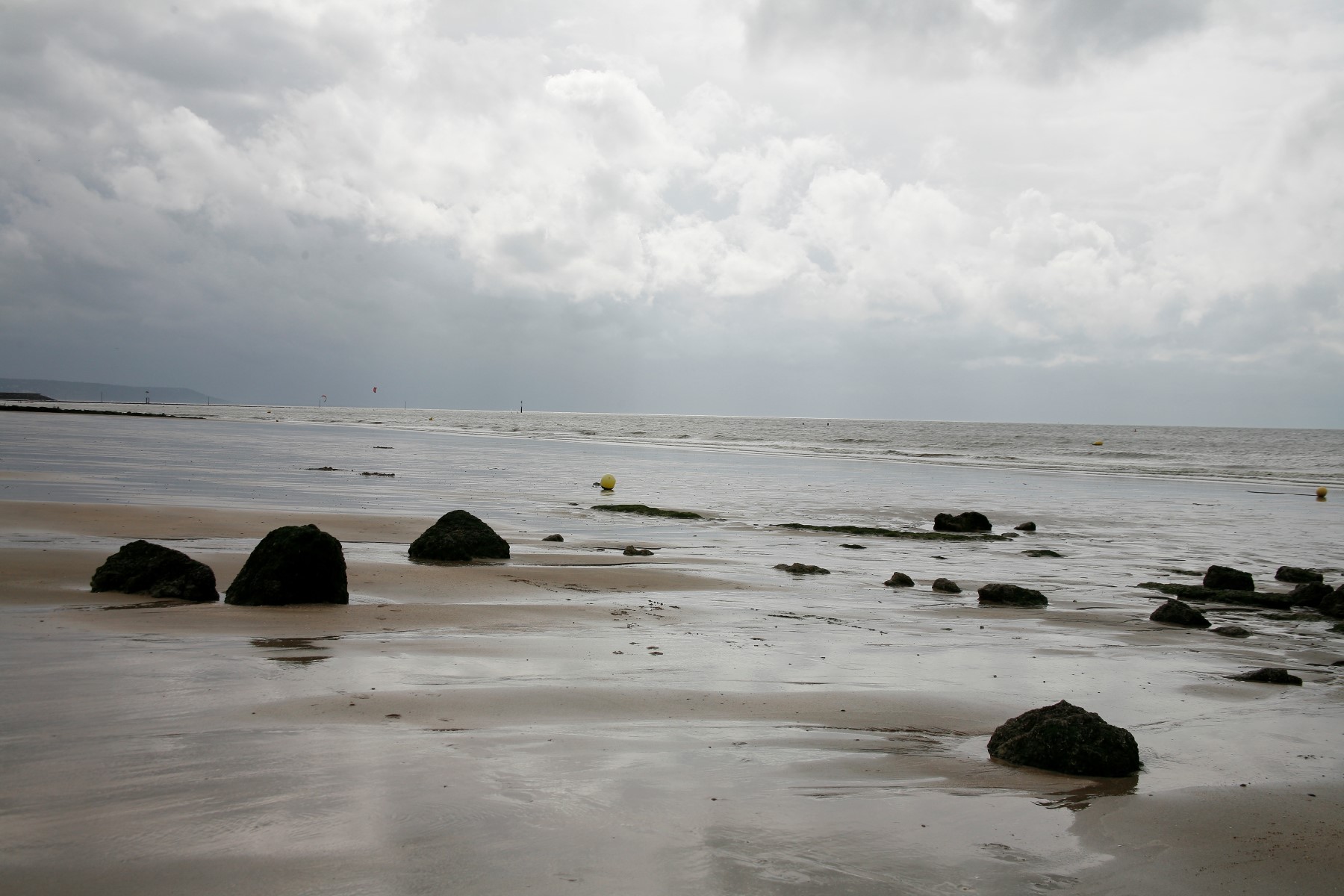
Nothing Much Matters. That is a Problem.
In contemporary journalism, not very much that came before is said to actually matter. Most assessments consider the past few years, which does not allow for context. Everything that happens is the most important thing ever — and is then quickly forgotten. Not learned from; not reflected upon.
The learning and the reflection are (in theory) saved for people to whom the event actually happened — that town, that family, that group of friends, that country, that region — while the rest of us pretend that it either won’t happen here, or wait our turn.
The fallacy is that because we are now so interconnected, what happens anywhere might send a shock everywhere. There is no such thing as ‘local’, only the illusion. And in a similar way, events are becoming simultaneous, which makes it nearly impossible to see them for what they are.
Our whole project of existence seems to be about adapting to chaos rather than living in the present, or having any real ability to structure time.
Astrology provides context. The “slow hand” on the astrological clock, Eris, takes more than five and half centuries to go around once; the next slowest commonly used point is Pluto, which takes two and a half centuries. These indicators, and even Saturn at a modest 29 years, can help us weave the thread of events and make connections going back quite a long time, much longer than “last year” or the “previous administration.”
For the purpose I am trying to describe, the most important factor about the past is that it provides points of orientation. It’s easier to see where you are, and where you are going, when you can see the horizon or the stars. Today, most people can see neither, and even fewer seem to care.
But something else happened as well. The inner-focused consciousness created by literacy was blown inside out. One thing we struggle with today is a kind of missing room where we can go and be with ourselves quietly.

When Did our Present Insanity Begin?
So when did this all begin? All this lunacy we are living through? Let’s take a walk along the foggy ruins of time.
One thing we’re still adapting to is light-speed communication. We are still getting used to not just being part of a global network, but also the mere fact of our voice being transmitted at the speed of light to a remote part of the world (for example, a telephone call). There is no way to easily describe how disorienting this is for bodies that walk along the ground at around 3 or 4 mph.
On the phone, your voice is transmitted instantaneously. Under normal conditions, sound takes five seconds to travel one mile. So the shift into modern conditions actually begins with the telegraph in the 1830s. That was the first time that human data was conveyed at the speed of light.
The telephone, which delivers the human voice, was awarded a U.S. patent 46 years later, in 1876. With these two inventions, the world was made so small it could suddenly dance on the head of a pin.
Today we are obsessed by what we call “phones.” The invention is nearly 150 years old, and began shaping our consciousness long before. Two forgotten elements of the telephone that impact us today are the party line (one phone line shared by several households) and the telephone operator (who in the early days, could listen to all of the calls). Once the phone was in common use, any hope of privacy was eliminated.
But something else happened as well. The inner-focused consciousness created by literacy was blown inside out. One thing we struggle with today is a kind of missing room where we can go and be with ourselves quietly.
That has been replaced by many things, including social media. You could say this is a kind of Zen meditation based on experiencing everything and everyone all at once.
Thanks to radio, politicians and tyrants of all stripes had the ability to speak to the entire society at once for the first time in history. Society starts to organize itself into massive tribes, which today dominate our experience.

The Birth of the Global Village
In the 1930s, radio turns the world into its present “global village,” where (between that and the closely related telephone and telegraph) the concepts of individuality and privacy began to disappear. News travels faster than people can process it.
Thanks to radio, politicians and tyrants of all stripes had the ability to speak to the entire society at once for the first time in history. Society starts to organize itself into massive tribes, which today dominate our experience.
This gives rise to FDR, Hitler and Gandhi, who all rode to glory on the same technological wave. Their power, their image and their place in history all owe themselves to radio.
Yet this is not really about society. It’s about us. These media have power because they transform us into different beings. We are different people, and think of ourselves differently than our parents and grandparents thought of themselves.
This is a first-order spiritual issue. “Who am I?” is the core question of spiritual awareness. And the answer to that keeps changing with wave after tsunami of technology that engulfs us psychically and culturally; as individuals and as a society. It’s always been a challenging question when you really ask it, though today even the question seems irrelevant.
“When Sputnik went around the planet, nature disappeared. Nature was hijacked right off this planet. Nature was enclosed in a man made environment and art took the place of nature,” McLuhan wrote in the early 1970s.

Then There Was Sputnik
In October 1957, there was a development that I think is most significant of the world we are in. That was the launch of the first satellite into low-Earth orbit, called Sputnik (the Russian word for “satellite”).
By today’s standards this was a modest invention — though an invention it was. According to a U.S. government assessment, Sputnik had several purposes: get an artificial satellite into Earth’s orbit; provide information about the atmosphere; test radio and optical methods of orbital tracking; determine the effects of radio wave propagation through the atmosphere; and, check principles of pressurization used on the satellites.
However, it was a major turning point in the “Cold War” between the USSR and the United States, because the launch vehicle doubled as a way to deliver a hydrogen bomb. Seen that way, it is the first whisper of global annihilation.
Philosopher Marshall McLuhan saw things differently, as usual. He noticed that the thing was a kind of camera observing the whole planet for the first time.
“When Sputnik went around the planet, nature disappeared. Nature was hijacked right off this planet. Nature was enclosed in a man made environment and art took the place of nature,” he wrote in the early 1970s.
“At the moment of Sputnik the planet became a global theater in which there are no spectators but only actors.”
And here we are today, in the global theater, not the greatest but the only show on Earth. McLuhan was a professor of Shakespeare and of course knew that “all the world is a stage.” Sputnik takes this up several orders of magnitude. And today, we live with satellites tracking our every move. Once reserved for high espionage and national security, they now follow you around personally at every hour of the day and night.
We are in an enormous improv act. Yet if we are actors, that implies that for the purpose of the drama, we are someone other than ourselves. So if that is true, it follows that the most important thing we can do is to stop the act, stop the drama, and be real about who we are and what we want.
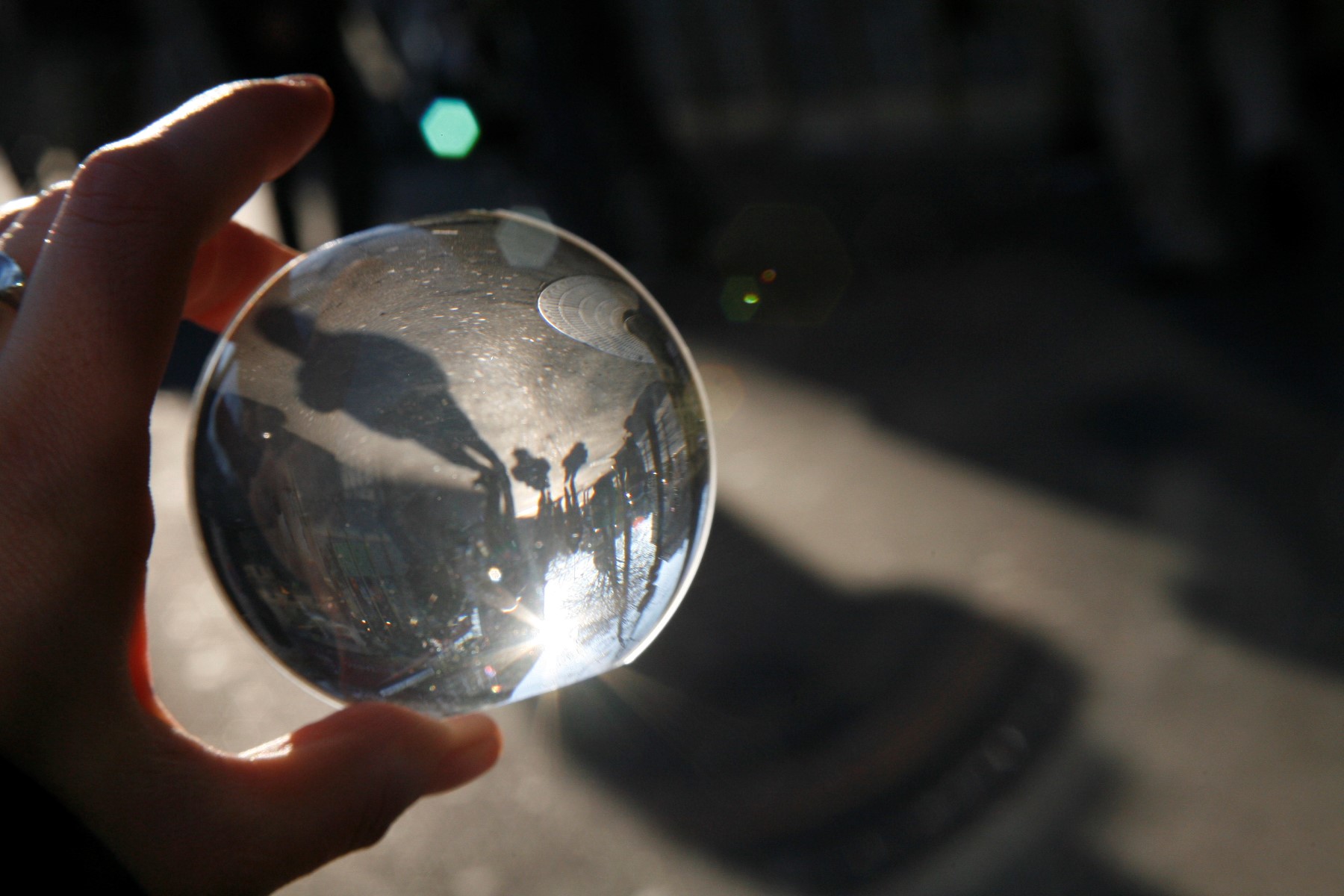
And Here We Are
Sputnik was launched early in the era of Pluto in Virgo, at the dawn of an astrological era. Soon after, society lunges into the 1960s, which came with endless global street theater, carried by television. Everything became a TV program.
We are now at the dawn of another such era — Pluto in Aquarius. Both Virgo and Aquarius are signs closely associated with developments in science and technology.
In the Sputnik chart, Eris (discovered in 2005) is one of the most prominent planets, parked right at the top of the figure, in Aries, describing the predominance of this “new self-concept” based on near-total disembodiment. As such, we are actors and producers in a global drama, but one where there is no coherent script.
We are in an enormous improv act. Yet if we are actors, that implies that for the purpose of the drama, we are someone other than ourselves. So if that is true, it follows that the most important thing we can do is to stop the act, stop the drama, and be real about who we are and what we want.
This is not so easy, because it implies being open, trusting, and spontaneous. Yet these are the things that most people would agree are missing from the world as we know it. This would mean making the change yourself, and not expecting others to do so first.
The real you is the person who chooses to trust, to stay connected rather than to cut off, and to toss all forms of pretense. You may think it’s daring, but what is the alternative? Now is your big chance.
With love,
![]()
